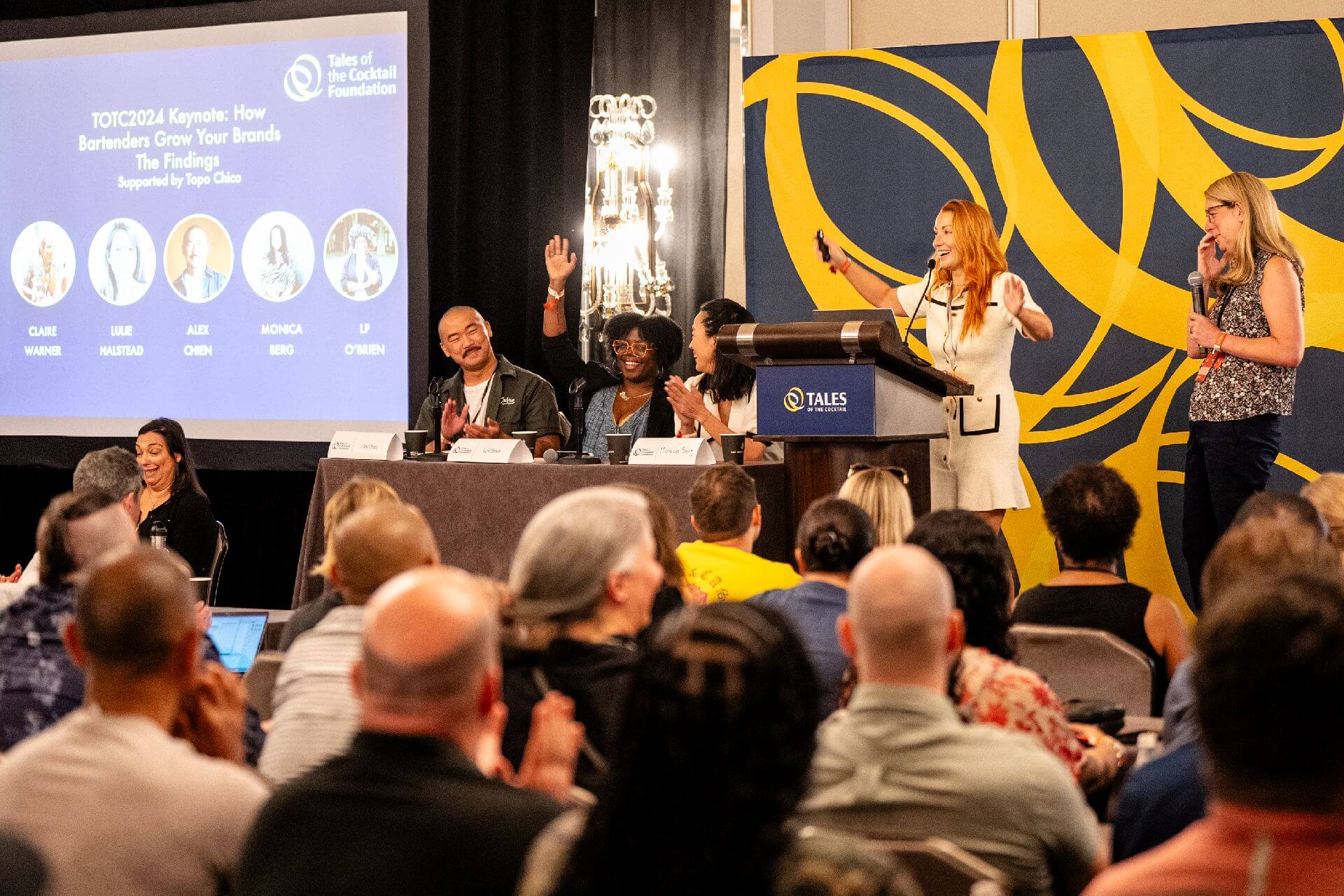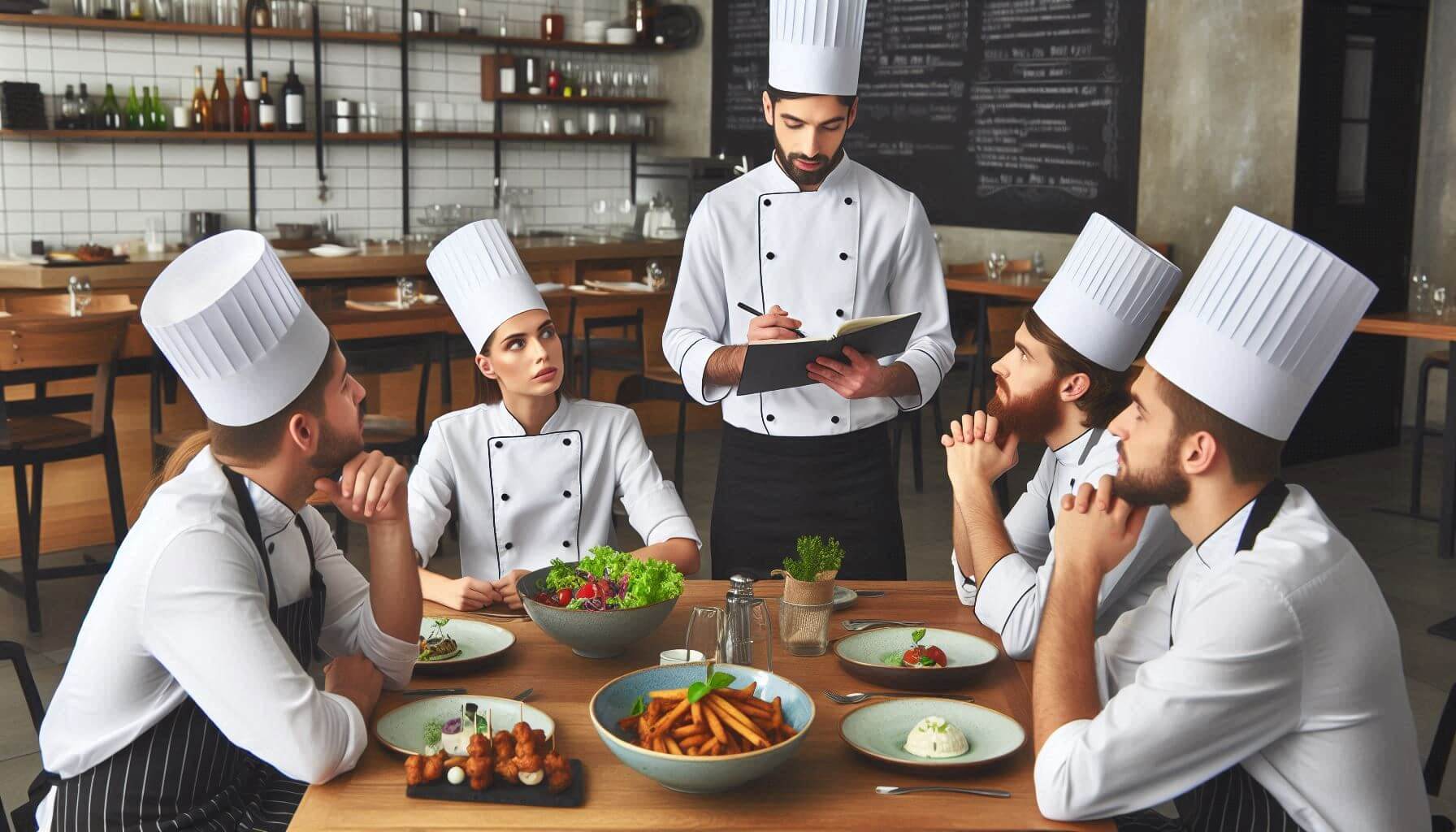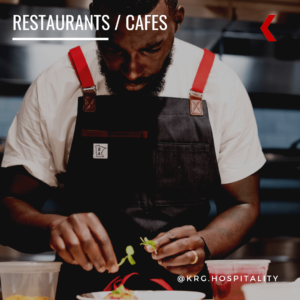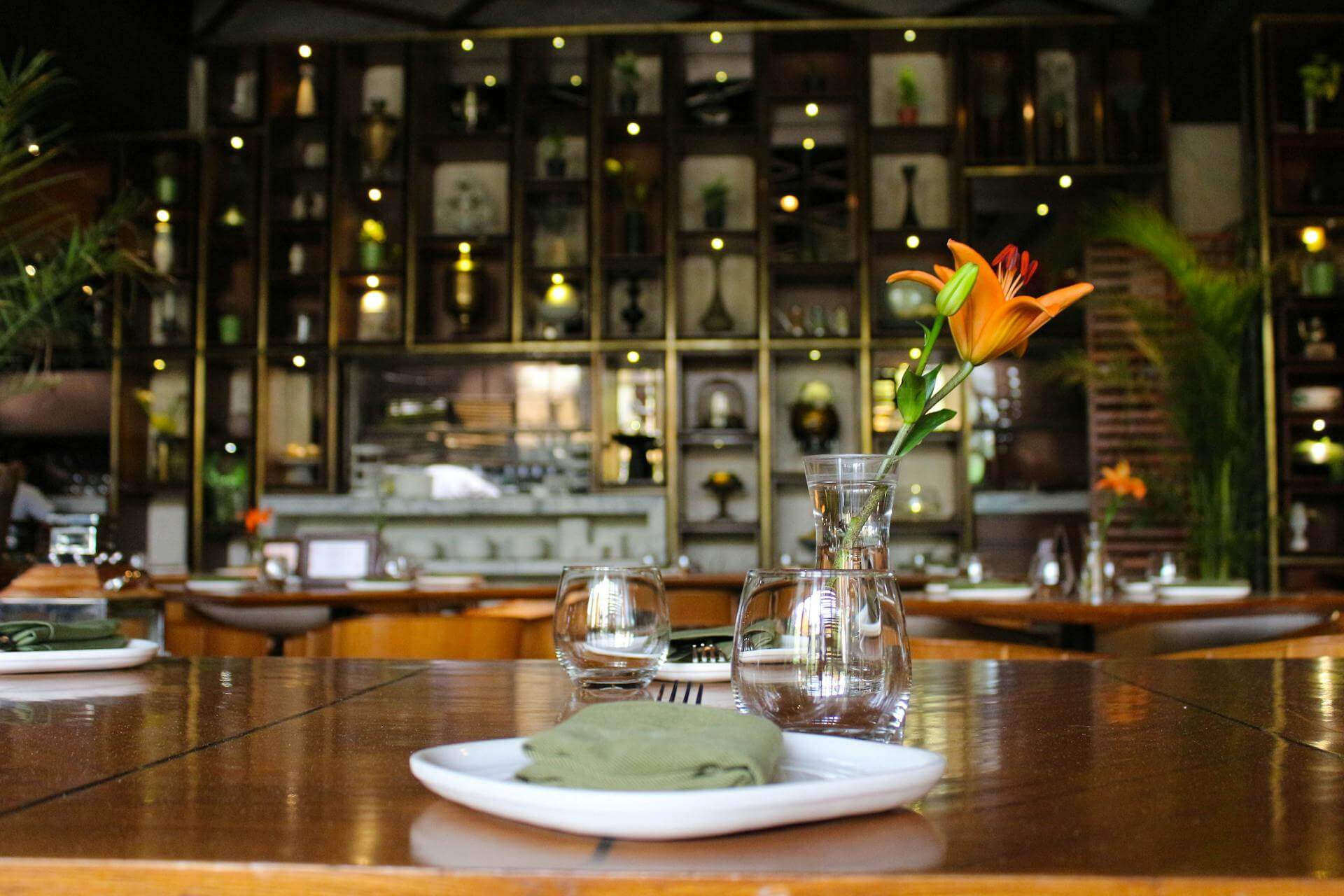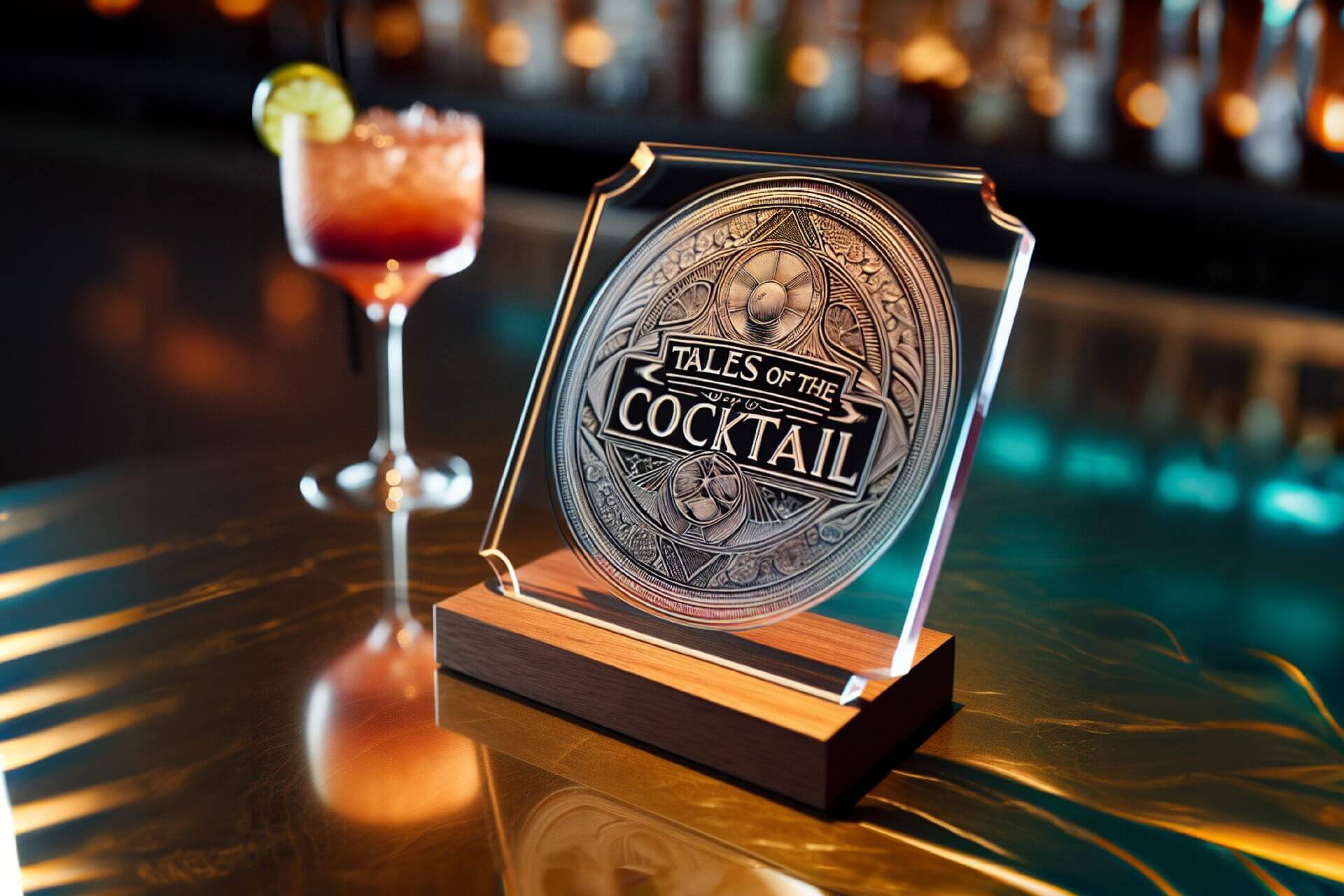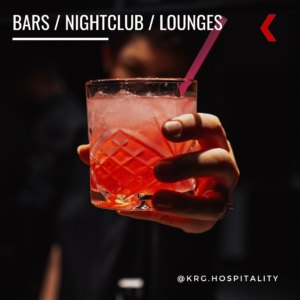Hospitality Reinvented: A New Podcast Series
by Doug Radkey

In my opinion, and likely that of many others, the hospitality industry today is at a crossroads, facing both unprecedented challenges and opportunities.
As we navigate these changes that are upon us, it’s clear that a reset or reinvention is not just desirable, but essential.
To truly understand hospitality and the way forward, let’s take a few steps back.
Hospitality has its roots deeply embedded in ancient civilizations, where the concept was often viewed as a sacred duty and a fundamental aspect of societal norms.
In ancient Greece, for instance, the idea of “xenia” represented a code of hospitality and protection that was honored by both hosts and guests. This tradition emphasized generosity and courtesy toward strangers, reflecting a reciprocal relationship that benefited both parties.
Similarly, in medieval Europe, hospitality was a core tenet of life. Monasteries provided food, shelter, and medical care to travelers and pilgrims. These historical practices established the foundational principles of hospitality that continue to influence the industry today.
The Definition of Hospitality
At its core, as we know it today, hospitality is about providing a welcoming environment, exceptional service, and genuine care for guests. The fundamental principles include warmth, generosity, and attentiveness to the needs of others. These principles are designed to make guests feel valued and comfortable, creating a memorable experience that encourages repeat visits and positive word-of-mouth.
The essence of hospitality lies in anticipating and exceeding guest expectations, ensuring that every interaction is characterized by respect and kindness. This unwavering commitment to guest satisfaction is what distinguishes truly exceptional hospitality services from the rest.
In the modern era, hospitality has evolved to incorporate technological advancements and changing consumer preferences while maintaining its core principles. Today, hospitality encompasses a broader range of services and experiences, from luxurious accommodations and gourmet dining to personalized services and cutting-edge technology.
The rise of digital tools on the hotel side, such as mobile check-ins, AI-powered concierge services, and virtual tours, has transformed how hospitality businesses interact with and serve their guests. Moreover, contemporary hospitality also places a strong emphasis on sustainability and cultural authenticity, with many brands striving to minimize their environmental impact and offer experiences that celebrate local heritage and traditions.
These modern interpretations reflect the industry’s adaptability and commitment to enhancing guest experiences while trying to stay true to the timeless principles of warmth and generosity.
The Purpose of Hospitality
The primary purpose of hospitality is to create memorable experiences that leave a lasting impression on guests. In today’s competitive market, it is no longer sufficient to simply provide a place to stay or a meal to eat.
Hospitality businesses must go above and beyond to craft unique and personalized experiences that guests will remember fondly, and talk about long after their visit.
This involves attention to detail, creativity, and a deep understanding of what delights and surprises a targeted set of guest. From custom welcome amenities and personalized room settings to curated local excursions and immersive cultural activities, the goal is to create a sense of wonder and joy that makes guests feel special and valued.
Another vital purpose of hospitality is building meaningful relationships with guests. Hospitality is fundamentally about human connection and fostering a sense of community. By treating guests as individuals rather than transactions, hospitality businesses can cultivate strong, lasting relationships that encourage repeat visits and brand loyalty.
Genuine, personalized interactions during which staff take the time to understand and cater to each guest’s unique needs and preferences are mandatory. Building relationships also means engaging with guests before, during, and after their stay through various touchpoints and guest journey maps that now many include personalized emails, social media interactions, and follow-up surveys.
Ongoing interactions help to establish a deeper bond with guests, making them feel appreciated and connected to the brand.
Elements of Hospitality We Need to Leave in the Past
One of the key elements that the hospitality industry must leave behind is the reliance on outdated practices. These include rigid check-in and check-out times, excessive paperwork, and a lack of technological integration.
Modern guests expect flexibility, convenience, and efficiency, which cannot be provided through antiquated methods. Embracing digital solutions such as mobile check-ins, contactless payments, and automated booking systems can streamline operations and significantly enhance the guest experience.
We need to move away from outdated practices so hotels and other hospitality businesses can meet the evolving expectations of their clientele, and stay competitive in the market.
Reluctance to Change
Resistance to change is another significant hurdle that the hospitality industry must overcome. The rapid pace of technological advancement and shifting consumer preferences demand that businesses continuously adapt and innovate.
However, a reluctance to embrace new technologies and modern approaches can stifle growth and lead to stagnation. Successful hospitality businesses must foster a culture of innovation and agility. They need to encourage their teams to stay ahead of trends and adopt new practices that enhance guest satisfaction and operational efficiency.
A commitment to embracing change and aligning a forward-thinking mindset will help operators better navigate the challenges of the modern marketplace.
Lack of Sustainability
Further, the hospitality industry has long been criticized for its unsustainable practices, including excessive water and energy consumption, waste generation, and reliance on single-use plastics. As environmental consciousness grows among consumers, it is imperative for hospitality businesses to adopt more sustainable practices. This includes implementing energy-efficient systems, reducing water usage, minimizing waste, and sourcing eco-friendly products.
Many bars, restaurants, and hotels are now pursuing green certifications and adopting practices such as using solar energy, installing low-flow fixtures, and offering recycling programs. Prioritizing sustainability means hospitality businesses can not only reduce their environmental footprint but also attract eco-conscious guests.
Toxicity
Lastly, toxic workplaces that fail to take care of their team members are another critical issue that needs to be addressed.
The hospitality industry is notorious for high employee turnover. Unfortunately, we’ve become known for poor working conditions, lack of career advancement opportunities, and inadequate compensation. Each of these go against the essence of hospitality.
How we treat our guests is how we should treat our very own people. Creating a positive work environment that prioritizes staff well-being, professional development, and fair treatment is essential for retaining talent and ensuring high-quality service. This includes providing comprehensive training programs, offering competitive salaries and benefits, and fostering a supportive, fun, and inclusive culture.
Hospitality businesses can improve job satisfaction, reduce turnover, and ultimately enhance the overall guest experience by investing in their people.
Where the Hospitality Industry is Going
There’s no secret, hospitality is embracing technology at warp speed. Operators are now inundated with solutions promising to enhance operational efficiency, plus staff and guest experiences.
Innovations such as artificial intelligence (AI) and the Internet of Things (IoT) are transforming how hotels and other hospitality businesses operate.
AI-driven chatbots and virtual assistants are improving guest services by providing instant responses to guest inquiries, along with personalized recommendations. IoT devices are enabling smart room controls, allowing guests to adjust lighting, temperature, and entertainment options with ease. Blockchain technology is enhancing security and transparency in transactions and loyalty programs.
Leveraging these advanced technologies sets the hospitality industry down the path toward providing more seamless, personalized, and engaging experiences for guests.
Focus on the Right KPIs
As the industry evolves, so do the metrics used to measure success. Traditional key performance indicators (KPIs) such as occupancy rates and average daily rates are being supplemented with new, more holistic KPIs.
Guest satisfaction scores, social media engagement, and sustainability metrics are becoming increasingly important. For example, Net Promoter Scores (NPS) provide insights into guest loyalty, and the likelihood to recommend the hotel to others. Social media metrics, including likes, shares, and reviews, reflect the hotel’s online reputation and guest engagement.
Additionally, sustainability metrics such as energy consumption per guest and waste reduction rates are being tracked to ensure that the hotel is meeting its environmental goals.
These new KPIs offer a more comprehensive view of a hotel’s performance, encompassing guest experiences, brand reputation, and environmental impact.
The Guest and Staff Experience
The future of hospitality is also about reimagining staff and guest experiences to create more meaningful and memorable interactions.
For staff, this means providing ongoing training and professional development opportunities. This approach keeps the team updated with the latest industry trends and technologies. Despite the technology, operators need to empower team members. A great leader ensures their teams are receiving valuable training on the skills and knowledge they need to excel. Doing so improves service quality, and boosts morale and retention rates.
On the guest side, new programming and experiences are being introduced to cater to diverse interests and preferences. By focusing on innovative staff and guest programming, the hospitality industry is creating environments that are enriching, engaging, and memorable.
Spirit of Hospitality
With all that said, amidst all the technological advancements and new metrics, it is essential to bring back the true essence of hospitality and what it means to be hospitable. We have to get back to the “why” of what we do in this industry, and remind ourselves once again about the true definition of hospitality.
At its core, hospitality is about genuine care, warmth, and making guests feel welcome and valued. This involves cultivating a culture of empathy and service excellence in which every guest interaction is an opportunity to create a positive impact.
Personalized service, attention to detail, and going the extra mile are the hallmarks of true hospitality. It’s about creating an atmosphere where guests feel at home, whether they are eating at a restaurant, having a drink at the bar, or staying for a night or an extended period.
Blending modern conveniences with the timeless principles of hospitality ensures that the heart and soul of hospitality remain intact, even as it continues to evolve and reinvent itself.
Introducing Hospitality Reinvented Podcast Series
As the hospitality industry continues to evolve, staying ahead of trends and innovations is crucial for success. That’s why I am excited to announce the launch of the Hospitality Reinvented podcast series hosted with yours truly, Doug Radkey.
This podcast, set to go live this month, aims to explore and discuss the latest developments in the hospitality industry. I’ll provide insights and strategies to help operators and their businesses thrive in their dynamic and competitive market.
The Hospitality Reinvented podcast will delve into a variety of topics, from the integration of modern technology and new KPIs to reimagining staff and guest experiences. Each episode will blend timeless principles of hospitality with modern innovations and strategic playbooks, offering listeners practical advice and inspiration to create a guest-centric, sustainable, and forward-thinking industry.
The podcast will serve as a valuable resource for hospitality professionals looking to reinvent their operations and stay ahead of the curve. Join us on this journey as we explore how to blend tradition with innovation to shape the future of hospitality.
Tune in to Hospitality Reinvented each week and discover how you too can transform your business and create lasting, memorable guest experiences.
Join us on this journey by subscribing to the Hospitality Reinvented podcast, following us on social media, and staying engaged with the latest insights and trends here at KRGHospitality.com.
Image: KRG Hospitality




